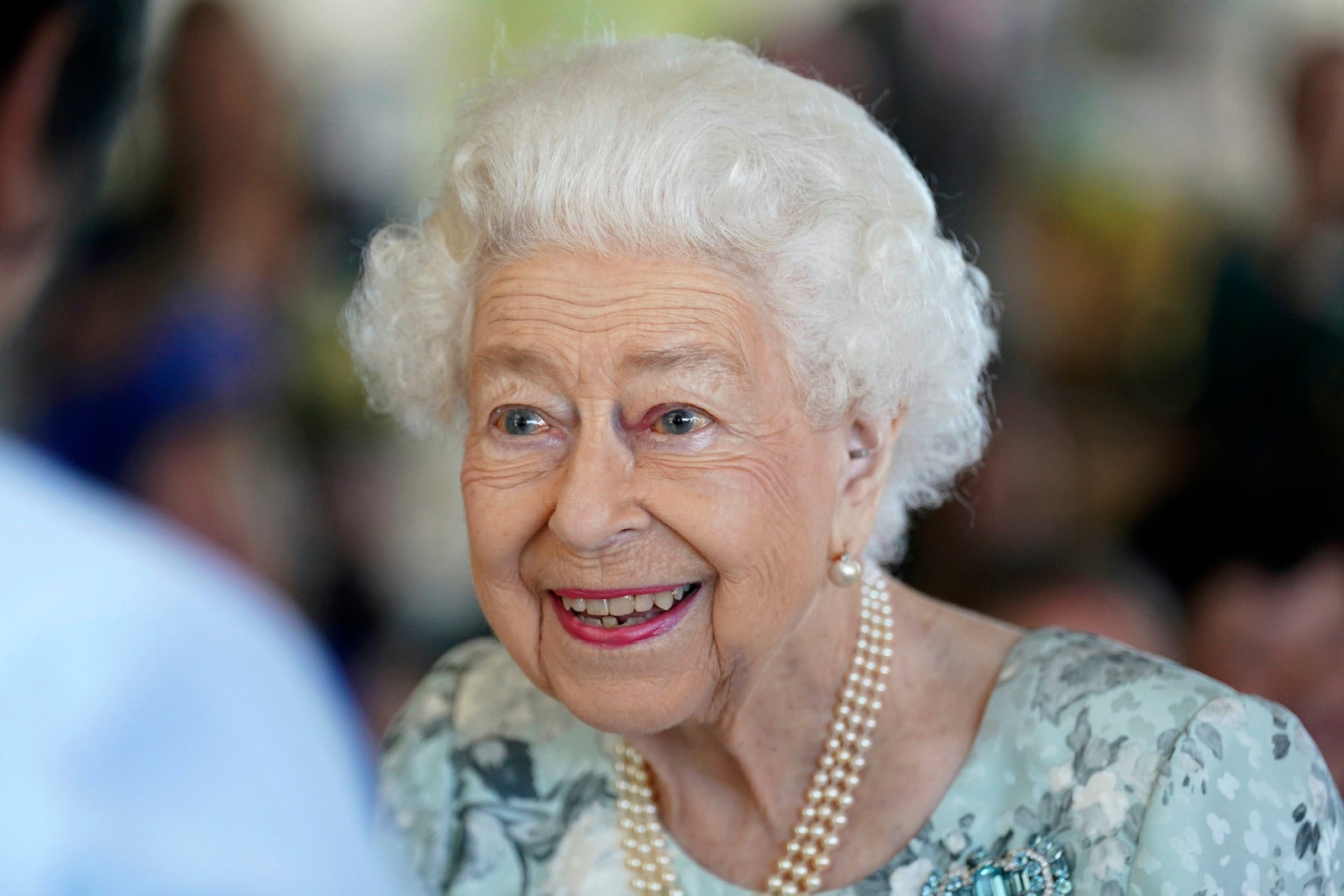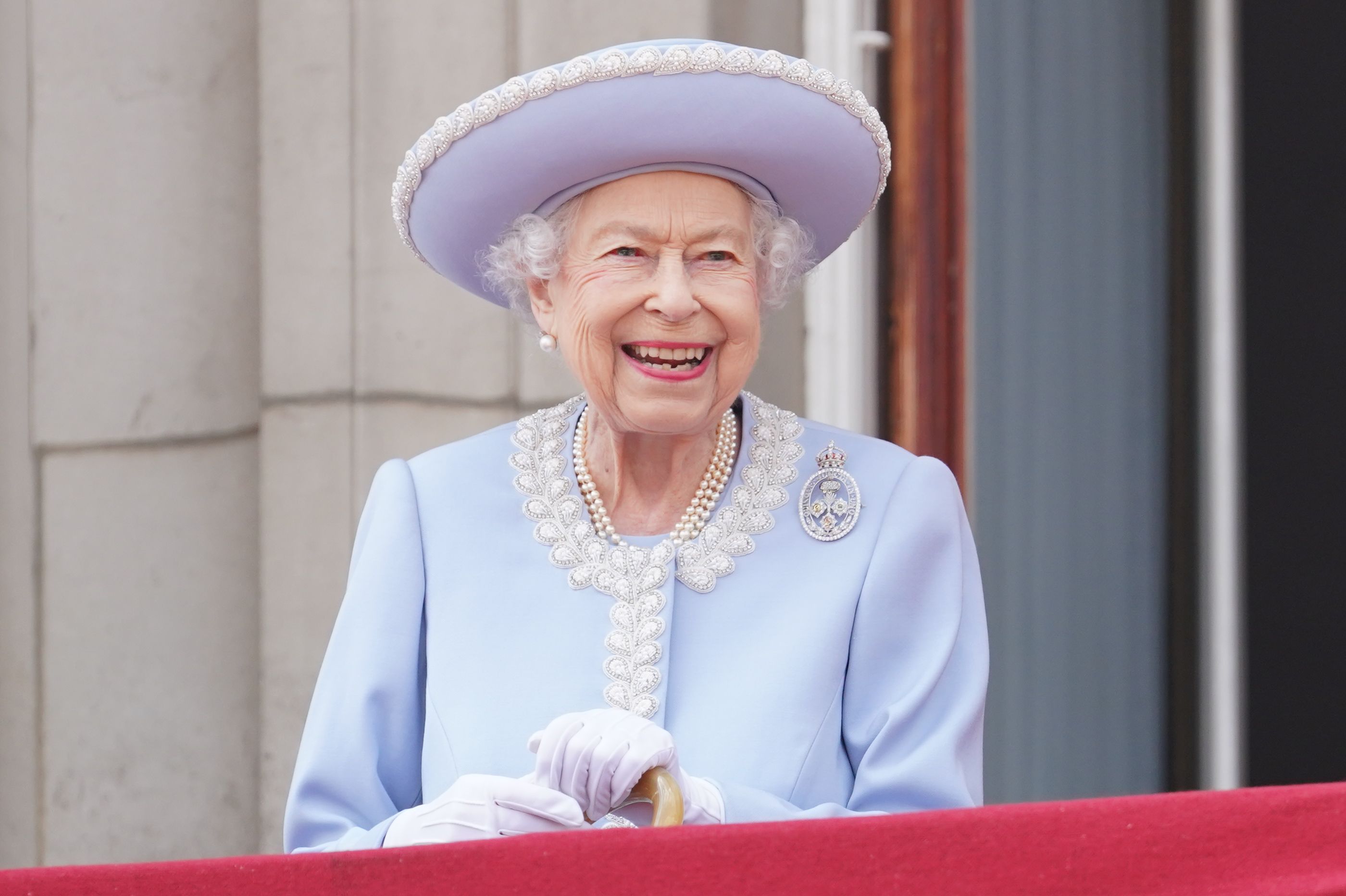Who Was Queen Sophia Charlotte Of Hanover? A Look At A Royal Figure
Have you ever wondered about the fascinating figures who shaped royal history, perhaps those whose names resonate with a quiet strength from centuries past? It's rather interesting, isn't it, how certain individuals, though perhaps not always in the brightest spotlight, played such a significant part in the grand tapestry of European royalty. Today, we're going to talk a little bit about one such person, a woman whose lineage and titles connect her to a very important period in history.
We are, in a way, exploring the life of Queen Sophia Charlotte of Hanover. Her story, as we know it from certain accounts, truly offers a glimpse into the intricate connections of royal houses and the roles women held within them. She was, you know, a figure of her time, and her presence certainly contributed to the dynastic landscape of Europe.
So, who was this Queen Sophia Charlotte of Hanover, really? What made her a notable presence in the annals of history? We'll be looking closely at the details that help us understand her identity and her place within the powerful families of her era, drawing our information from specific mentions that paint a picture of her royal standing.
- Connie Nielsen Net Worth
- Brad Pitt Relationship With Kids
- Liam Neeson King Arthur
- Emile Hirsch Net Worth
- Bradley Cooper Ryan Gosling
Table of Contents
- Biography of Queen Sophia Charlotte of Hanover
- Personal Details and Bio Data
- What Made Her Stand Out?
- Frequently Asked Questions About Queen Sophia Charlotte of Hanover
Biography of Queen Sophia Charlotte of Hanover
When we talk about Queen Sophia Charlotte of Hanover, we are, in some respects, referring to a royal figure who held a particularly significant position. She is, quite clearly, identified by several names, which really helps us pinpoint her identity within the historical records. You see, she was known primarily as Sophie Charlotte, and also as Queen of Prussia. That title, Queen of Prussia, is a very strong indicator of her standing and the important role she fulfilled during her lifetime.
It's interesting, too, that she carried the designation "of Hanover." This connection to Hanover is, you know, a key part of her identity, linking her to a prominent European royal house. The name Sophie Charlotte of Hanover, in itself, tells us a great deal about her origins and the powerful family she belonged to. She was, in a way, a living embodiment of the dynastic ties that bound the European aristocracy together centuries ago.
Her story, though perhaps not as widely recounted as some other monarchs, is still very much a part of the rich history of the German states and their royal lineages. As a matter of fact, her biography is available in different languages on Wikipedia, which just goes to show you that her impact, however defined, has been recorded for posterity. This availability of information, even if it's brief, means her place in history is, quite literally, accessible to anyone who seeks it out.
- Clint Eastwood Dead Pool
- Paul Rudd Graham Norton
- Net Worth Sinbad
- Bryan Cranston Friends Episode
- Cillian Murphy Gemini
Early Life and Family Connections
So, where did Queen Sophia Charlotte of Hanover come from, family-wise? Well, the records tell us something rather specific about her lineage. She was, quite simply, the only daughter of Elector Ernest Augustus of Hanover and his wife, Sophia of the Palatinate. This detail, you know, is quite important, as it places her squarely within a very powerful and influential family of the time. To be the daughter of an Elector meant being born into a position of considerable authority and prestige within the Holy Roman Empire.
Her father, Elector Ernest Augustus, was, in a way, a sovereign ruler of the Electorate of Hanover. This position, you see, carried significant political weight and influence in the intricate web of European states. And her mother, Sophia of the Palatinate, was also from a distinguished royal background, bringing her own lineage and connections to the family. Their union, therefore, created a very notable household, and Sophia Charlotte was, apparently, a product of this important dynastic pairing.
Being described as their "only daughter" really highlights her unique position within the family, too. In royal families, the status of an only daughter could carry particular implications for alliances and future dynastic plans. It meant, in a sense, that she was a very valuable asset for forging connections with other powerful houses through marriage, a common practice for securing peace and power in those days. Her upbringing, one can imagine, would have been very much shaped by these expectations and her distinguished birthright.
This connection to both Hanover and the Palatinate through her parents made her, in a way, a central figure in the intricate family trees of European royalty. It's almost as if her very existence was a bridge between these two significant lines, a testament to the careful strategies employed by royal families to maintain and expand their influence. The fact that she was the daughter of such prominent figures certainly set the stage for her own royal journey.
The Path to Becoming Queen of Prussia
Now, how did Sophia Charlotte of Hanover come to be known as the Queen of Prussia? This title, as we've mentioned, is a very significant part of her identity. It tells us that she ascended to the highest female position within the Prussian monarchy, a truly remarkable achievement for anyone from the Hanoverian house. Her journey to this esteemed role would have involved a strategic marriage, which was, quite typically, how royal women gained such powerful titles in that era.
The designation "Queen of Prussia" isn't just a fancy name; it signifies her status as the consort of the King of Prussia. This means she would have shared in the royal dignity and responsibilities that came with ruling one of Europe's emerging powers. It's really quite something to consider the weight of such a title and the influence it could bring, even if indirectly. She would have been, in a way, a leading lady in the Prussian court, setting standards and engaging in the diplomatic and cultural life of the kingdom.
Her life as Queen of Prussia would have been, quite literally, lived under the scrutiny of the court and the public. She would have been expected to uphold the dignity of the crown and, perhaps, contribute to the cultural and intellectual vibrancy of the Prussian state. This transition from being a Hanoverian princess, the only daughter of an Elector, to becoming a Queen of Prussia, truly highlights the dynastic ambitions and strategic alliances that characterized European royalty during her time. It's a journey that speaks volumes about her place in history.
Personal Details and Bio Data
Gathering precise personal details for historical figures can sometimes be a bit of a challenge, especially when relying on specific texts. However, based on the information available to us about Queen Sophia Charlotte of Hanover, we can put together a basic profile. It’s important to remember that historical records can sometimes be quite concise, and this is, in a way, a reflection of that.
| Detail | Information |
|---|---|
| Primary Name | Sophie Charlotte |
| Other Names | Sophie Charlotte of Hanover, Queen of Prussia |
| Parents | Elector Ernest Augustus of Hanover and Sophia of the Palatinate |
| Status in Family | Only daughter |
| Key Title | Queen of Prussia |
As you can see, the details we have are, more or less, focused on her identity and lineage. This table, though perhaps not as full as one might hope, really captures the essence of who she was in terms of her royal connections and her most prominent title. It's a snapshot, if you will, of her fundamental historical presence, allowing us to understand her royal identity without adding any assumptions.
What Made Her Stand Out?
So, what truly made Queen Sophia Charlotte of Hanover a figure worth remembering? Well, for one thing, her very identity as the "Queen of Prussia" sets her apart. This was, in a way, a very significant title, marking her as a leading lady in a powerful and emerging European kingdom. It wasn't just a ceremonial role; being a queen meant she was at the very heart of court life, influencing culture and, perhaps, even political discourse through her presence and patronage.
Her lineage, too, really made her stand out. Being the "only daughter of Elector Ernest Augustus of Hanover and his wife Sophia of the Palatinate" placed her in a unique and strategic position within the Hanoverian royal family. This familial connection meant she was part of a line that would eventually have profound implications for European history, including the British throne, though her own path led her to Prussia. This connection to Hanover is, you know, quite a distinguishing feature, linking her to a very prominent and enduring royal house.
The fact that her biography is available in different languages, as mentioned, suggests that her story, however briefly told, has resonated beyond her immediate time and place. It indicates that historians and enthusiasts, even today, consider her a figure worthy of study and recall. This enduring interest, you might say, is a testament to her historical significance, however it is defined. She was, quite simply, a royal figure whose life intersected with major European powers. You can learn more about Hanoverian history on our site, and delve deeper into the lives of other prominent royal figures from that period.
Her role as Queen of Prussia, a title that she held, signifies her position as a central figure in the Prussian court. She was, in a sense, a symbol of the newly established kingdom, representing its dignity and prestige. This elevated status, coming from her Hanoverian roots, really made her a bridge between two significant German territories, contributing to the complex tapestry of European power dynamics. It's pretty clear that her presence was more than just a footnote; it was a substantial part of the royal narrative of her era.
Frequently Asked Questions About Queen Sophia Charlotte of Hanover
What was Queen Sophia Charlotte of Hanover's primary royal title?
Queen Sophia Charlotte of Hanover was, in fact, primarily known as the Queen of Prussia. This was, you know, her most significant royal title, reflecting her position as the consort of the King of Prussia. It's quite interesting how these titles truly define a person's role in history, isn't it?
Who were Queen Sophia Charlotte of Hanover's parents?
Her parents were Elector Ernest Augustus of Hanover and his wife, Sophia of the Palatinate. She was, quite specifically, described as their only daughter. This lineage, in a way, places her firmly within the influential Hanoverian and Palatinate noble families of her time, which is pretty important for understanding her background.
Where can I find more information about Queen Sophia Charlotte of Hanover?
Her biography is, apparently, available in different languages on Wikipedia. This is, you know, a very accessible resource for anyone looking to learn more about her life and historical context. It's really quite helpful to have such information readily available for those curious about royal history.
- Edwin Arroyave Net Worth
- Ryan Reynolds Family Guy
- Yuriorkis Gamboa Boxer
- Bradley Cooper Facelift
- Matthew Mcconaughey Chicken Salad

Queen Elizabeth II dies at age 96 - WHYY

Queen Elizabeth II

Elisabeth II. – Wikipedia